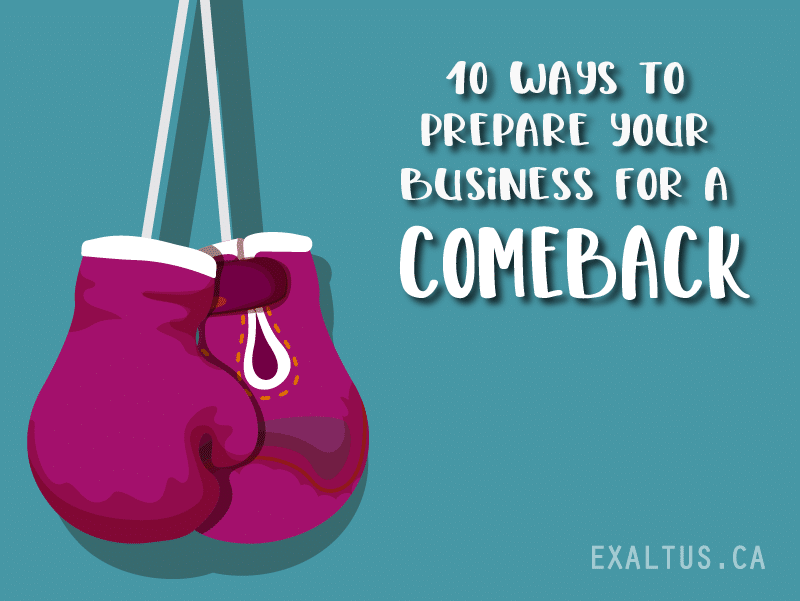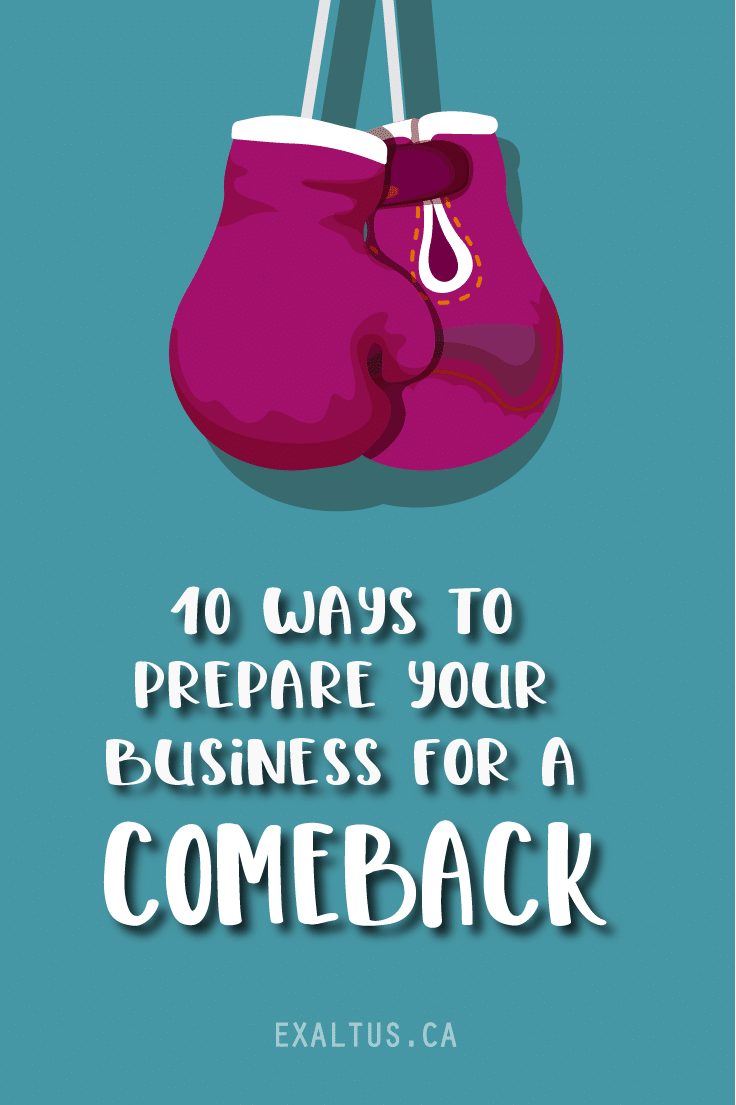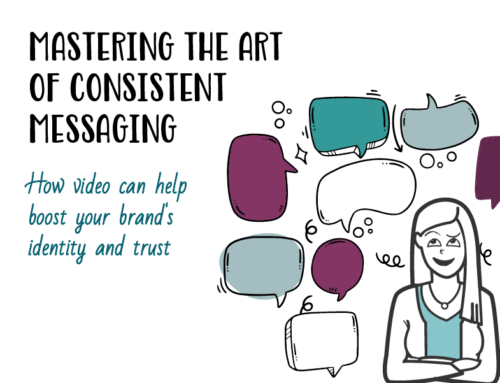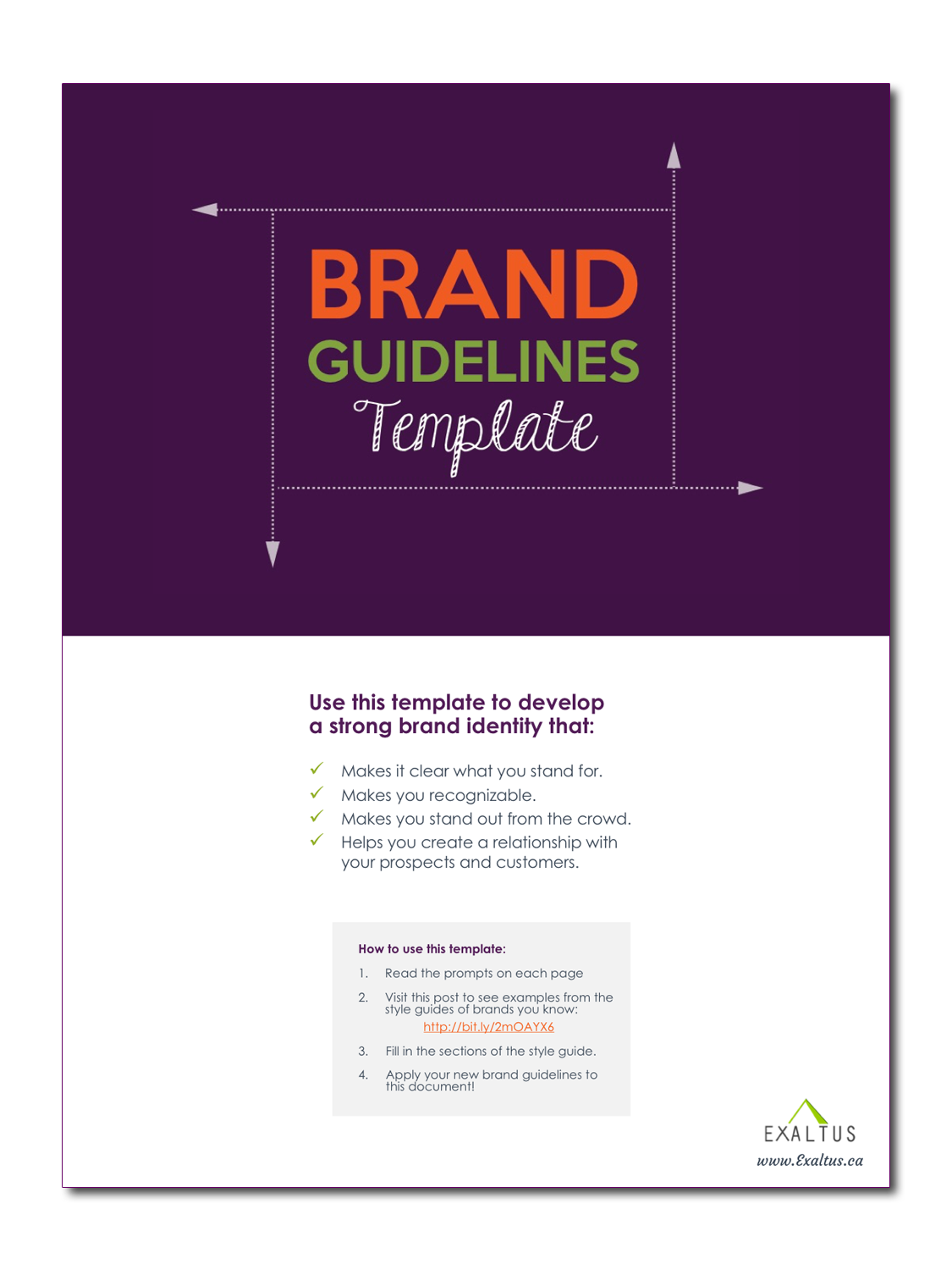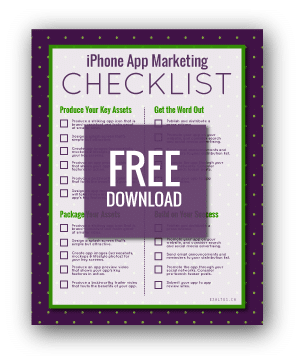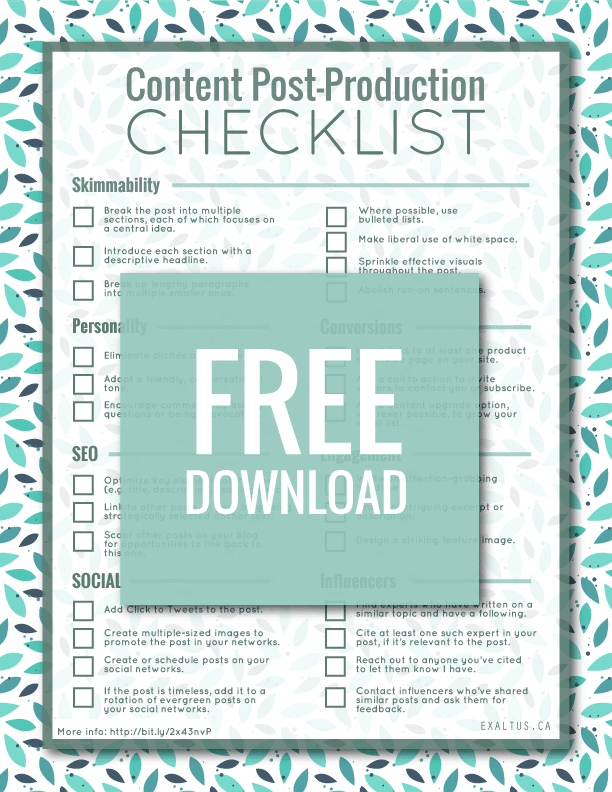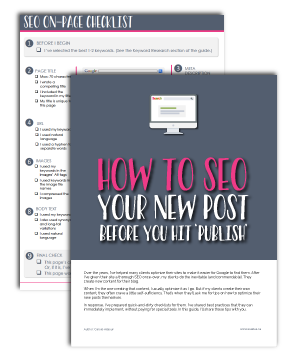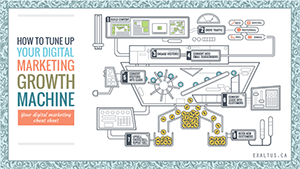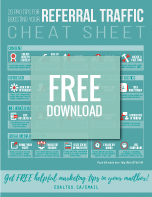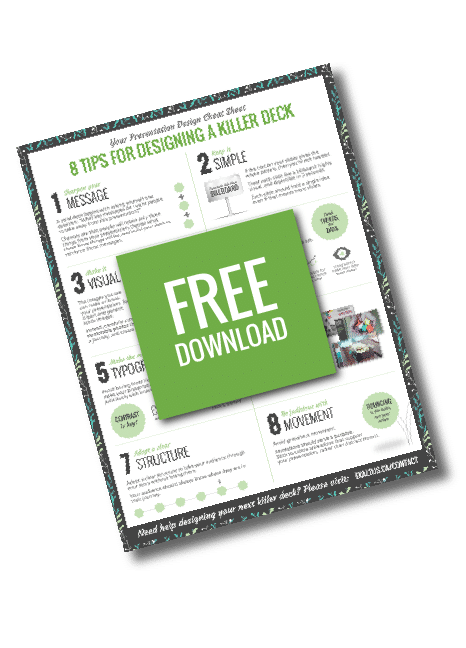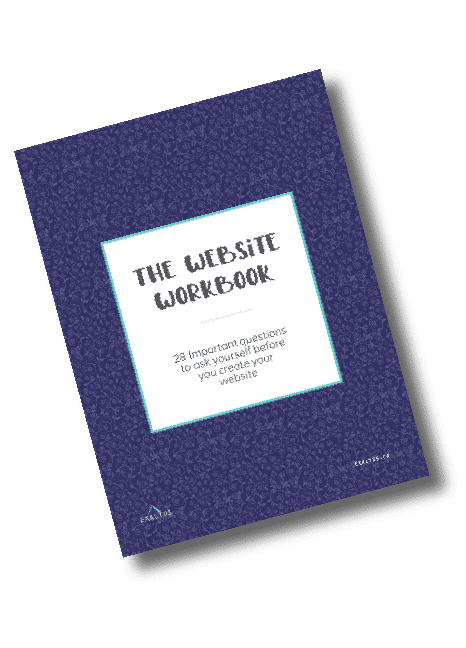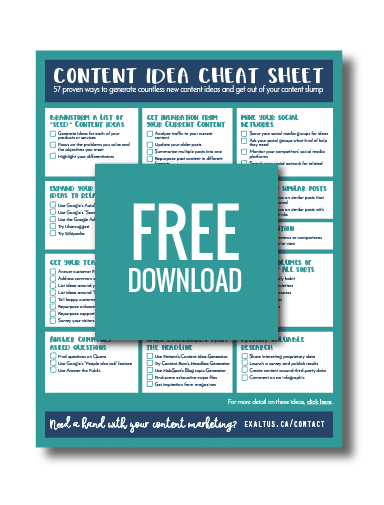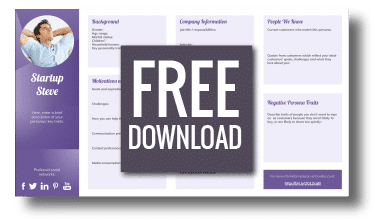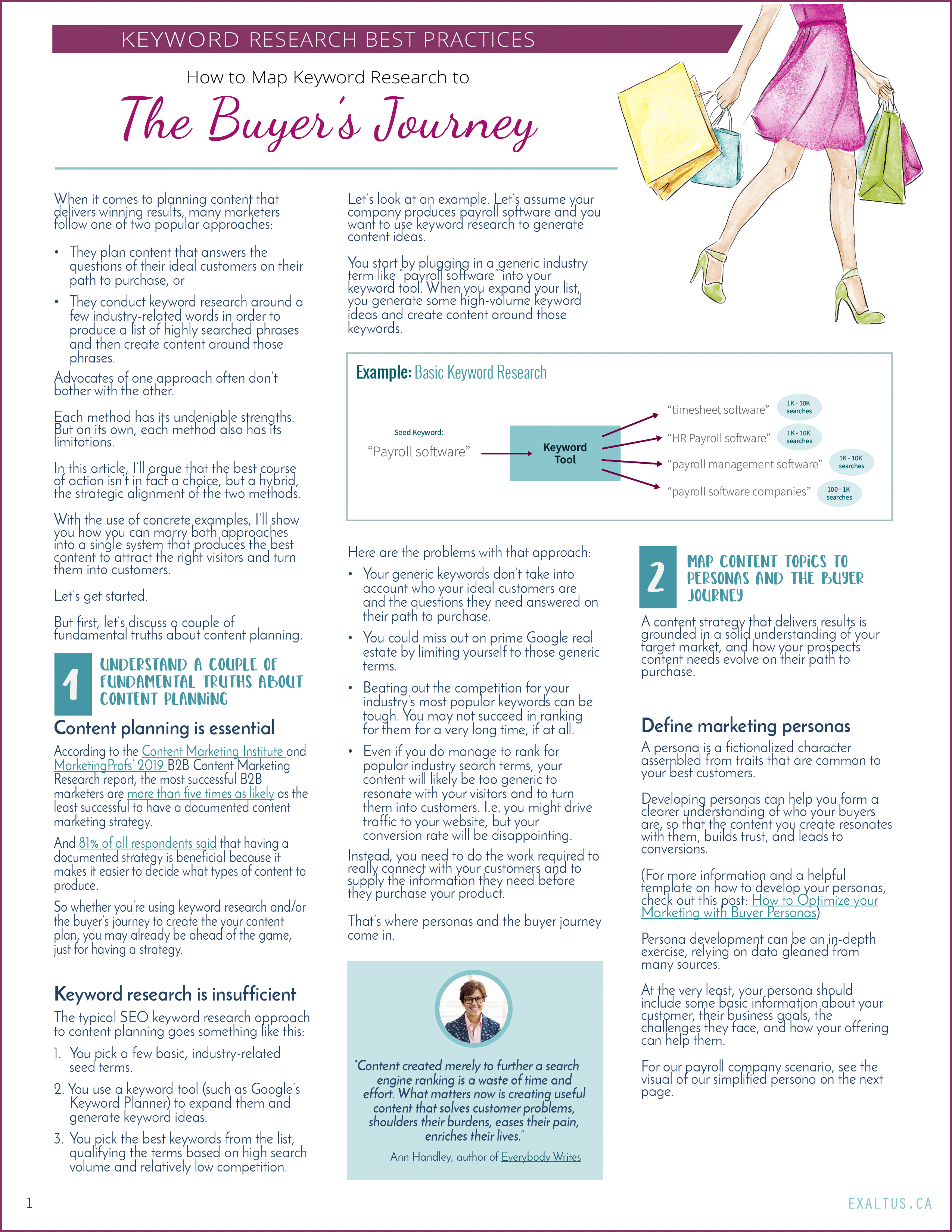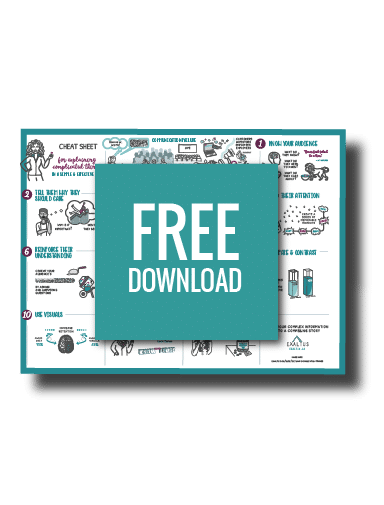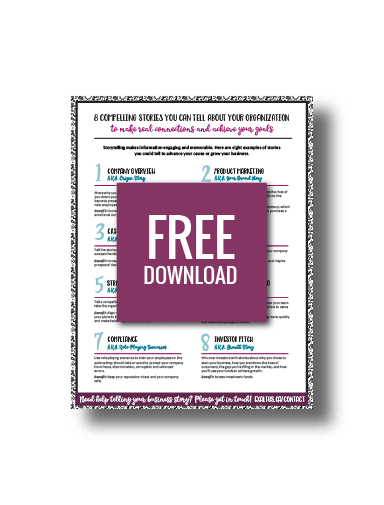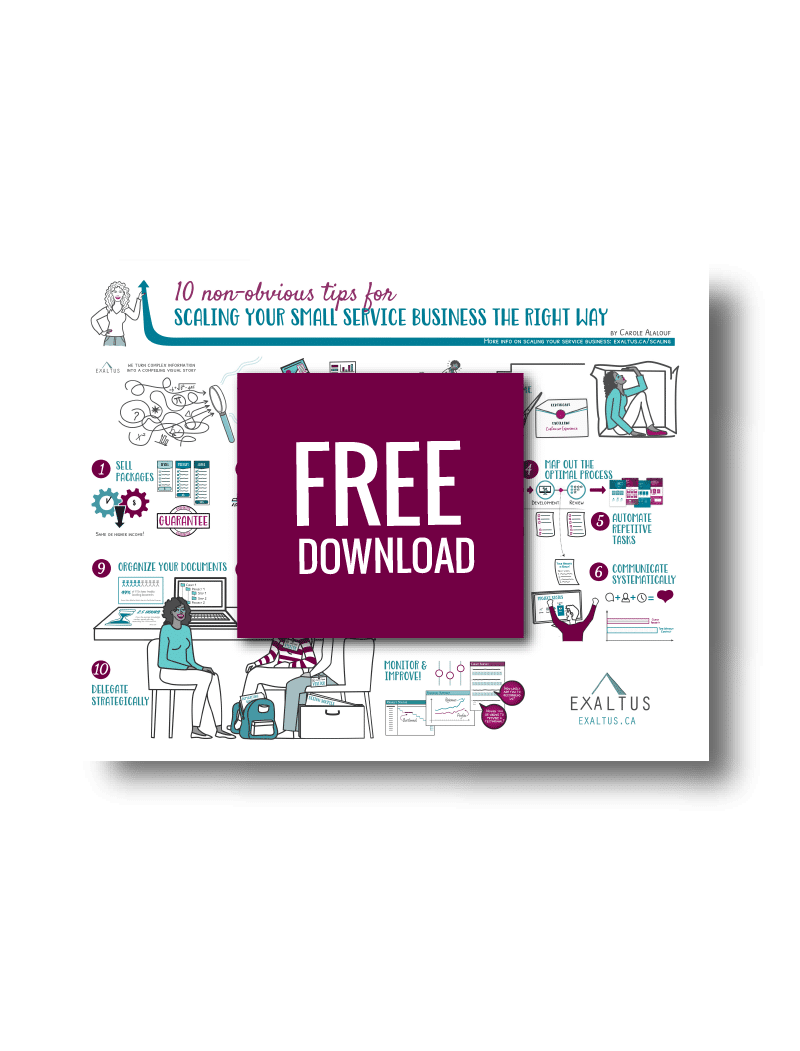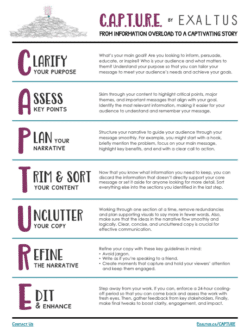It’s been a stressful few months. Even when the worst of the pandemic is behind us, we’ll need ingenuity and determination to claw our way back from the recession.
But if there’s one thing many of us do have going for us right now, it’s the gift of time.
In this post, I’ll suggest 10 things we should all be doing with our time now so that our businesses are ready for a comeback when the economy starts to rebound.

1
Focus on one thing
I’m mentioning this one first because, for me, it was a game-changer.
During the first couple of weeks of forced isolation, my concentration flailed miserably. I felt like I could never get anything done, and I ended most of my days feeling utterly deflated.
The problem was that, amid the chaos, I’d lost my ability to multi-task. The more I tried, the less I got done.
In the end, I decided to stop fighting. Instead, I regularly prioritized my list of tasks and then focused exclusively on one task at a time.
And just like that, I went from distracted mess to laser-focused.
If your productivity has suffered in recent weeks, give this approach a try. You might be ready for your comeback that much sooner. For me, it has made all the difference.
2
Stay plugged into your community
Marketers need to know what their customers want. That’s just basic.
But these days, it’s not as easy as developing buyer personas and considering the job done. That’s because your customers’ needs and wants are in constant flux right now.
You need to connect with your customers, prospects, subscribers and followers, as personally as you can, and ask them how you can help.
Walking the walk
A few weeks ago, on impulse, I emailed all of my clients and subscribers. In my email, I told them the truth: I was feeling frustrated. I wanted to do something to help. How could I support them through the crisis?
The answers that poured in, and the discussions that ensued, were both heartwarming and enlightening.
One simple email was all it took to connect with my community.
3
Adapt your product offering
According to research from Harvard Business Review, “companies that master the delicate balance between cutting costs to survive today and investing to grow tomorrow do well after a recession.”
What your customers need from you today is likely quite different from what they needed before the crisis. As you plan your comeback, ask yourself:
- Can you develop new products to meet those needs?
- Can you develop new products to tap into new markets?
Recognize that your customers will be more price-sensitive
Just like you, your customers are carefully managing their costs. As a result, they will naturally be more price-sensitive to your offers.
But that doesn’t mean that you should be slashing the prices on your existing products.
Doing that could permanently devalue your offer and make it difficult for you to recover your margins after the recession has ended.
Instead:
- Demonstrate the value of what you’re offering and show how it justifies the price.
- Offer lower-cost alternatives to those who can’t afford your main product.
Walking the walk
Exaltus produces made-to-order whiteboard videos. They’re costly to produce. And so even though we price them competitively to the market, not every company can afford one, especially during a recession.
For companies who love whiteboard videos but can’t justify the expense, we’re introducing something brand new: a series of ready-made, customizable whiteboard videos like this one:
Find out more about our customizable special offer video, and stay tuned for more of these videos in the future.

4
Create a bank of amazing content
There are countless reasons why content marketing is a wise investment.
And the advantages of content marketing are even more compelling during a recession.
Content marketing
- Is the key to boosting your credibility and earning the trust of risk-averse buyers
- Costs significantly less than traditional marketing
- Delivers a higher return on investment than advertising
- Can be used effectively to drive sales
Use any extra time you have at the moment to create a batch of new content that you can publish over time. Doing that now will free you up later when you’re busy fulfilling the needs of customers.
Remember that your community’s content needs may change because of the crisis. Follow these keyword research best practices to stay plugged into what your customers are searching for, and to come up with amazing marketing storytelling and new content ideas.
5
Increase your visibility
You’ve heard me say it before: Now is precisely the wrong time to stop marketing. If you do, the ravages of the recession will be compounded by reduced brand awareness.
But while you should continue to market, you have to do it differently. This isn’t the time for a hard sell. Nor is it the time to splurge on major advertising campaigns with questionable returns.
Instead, let the quality of your work be your spokesperson. Allow your personality to shine through.
Here are a few things to try:
- Cultivate a helpful, authentic, and consistent presence like Chris Brogan on his daily Facebook lives.
- Dispense accessible wisdom on social media, like David Perell and James Clear.
- Write frequent thought-provoking articles on your blog, like Mark Schaefer.
- Send an entertaining an inspiring newsletter to your subscribers, as Ann Handley does.
Walking the walk
I’m an introvert. You won’t see me publishing live video and hosting webinars. This is my natural impulse:
But I’ve been working at gaining visibility in my own ways:
- Producing a series of whiteboard videos on behalf of influencers, who have generously shared them across their channels.
- Launching an Exaltus Instagram account (at long last).
- Writing more guest posts (like this one and this one for Search Engine Journal, or this one for Startup Nation).
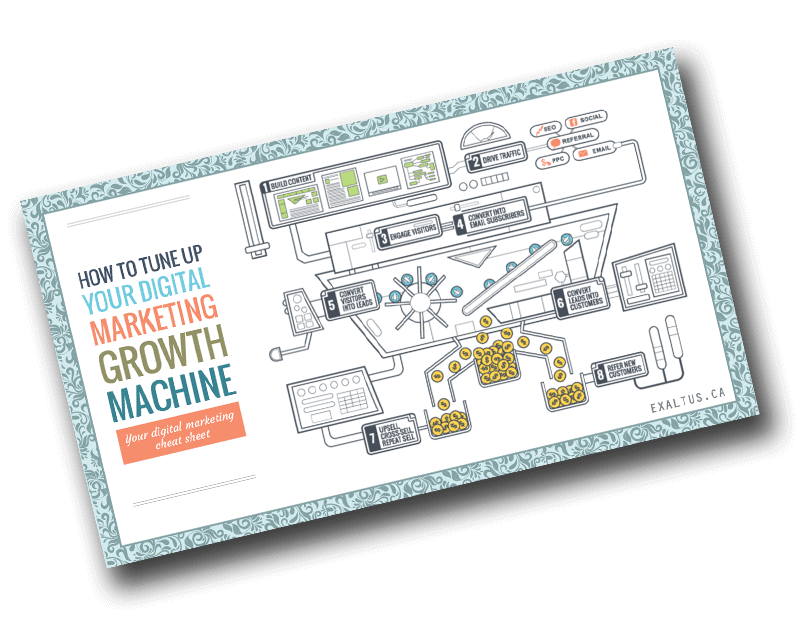
Download our FREE cheat sheet!
Find out how you can turn your website into a personalized and fully optimized growth machine that drives sustainable and predictable revenue.
6
Optimize your web pages for conversion
When budgets are tight, buyers will avoid risk and invest cautiously.
Your website can play an important role in your business comeback. It should help you answer your prospects’ questions and offer reassurance on their path to purchase so that visitors convert to customers at the highest possible rate.
Here are things you can do now to boost your conversion rate:
- Reframe your website to make sure it resonates with what your ideal customers need right now.
- Create great content for the decision stage – I.e. to help prospects validate their decision to choose you. Right now, content that demonstrates value and ROI is a good bet. For more detailed examples of decision-stage content, check out this post.
- Identify and optimize pages on your website that have high traffic but low conversion rates by adding trust boosters like testimonials, reviews, expert opinions, awards, etc.
Walking the walk
I produced a content marketing dashboard for myself and my clients that, among other things, identifies the pages that attract a lot of visitors but aren’t as successful at converting them.
Every month, I review and implement the dashboard’s recommendations to optimize my website traffic and conversions.
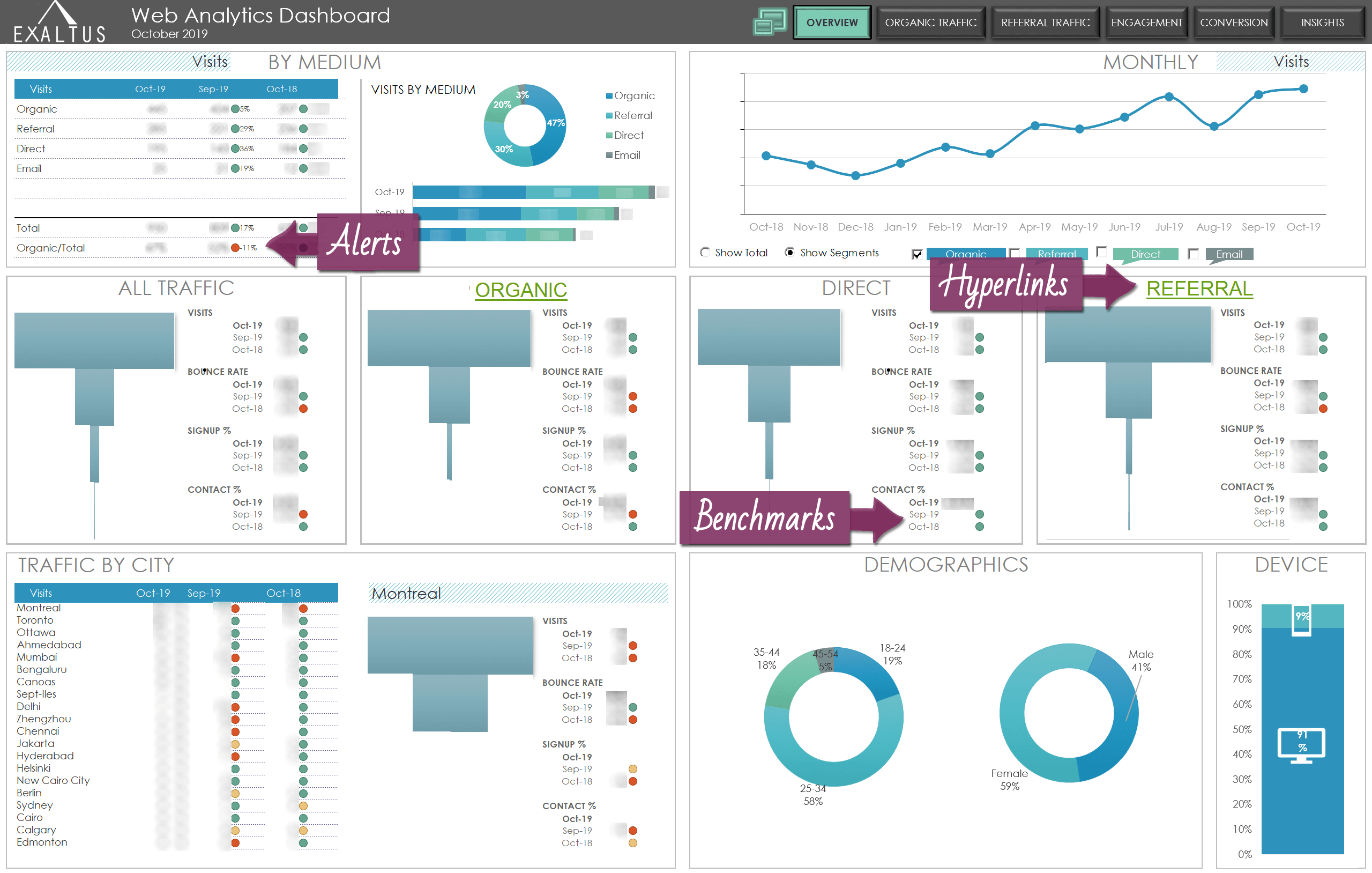
7
Create memorable customer experiences
During the crisis, you may not have as much money to invest in acquiring new customers.
As a result, it will be more important than ever to solidify and deepen your relationships with existing customers by serving them well and creating positive experiences.
Walking the walk
Ever since I read the book “Never lose a customer again” by Joey Coleman, I’ve been obsessing about creating amazing experiences for my clients, from the moment they consider Exaltus to after our mandate has been completed.
At the end of a recent mandate, for example, I delivered a thank you note (“working with you has been a piece of cake!”) along with a stunning and delicious Oreo cake from Em & Breez. (Just take a look at that oreo-cookie masterpiece, below.)
With my extra time, I am busily hatching new plans, and dreaming up creative partnerships to delight my customers without breaking the bank.


8
Cut costs strategically
Many of us will need to cut costs in order to survive the recession. But slashing indiscriminately is not the best way to go.
According to one Harvard Business Review study, companies that try to cut costs by doing the same things on a tighter budget don’t do well. As quality drops, so does customer satisfaction.
Instead, the study suggests that companies that do well in a recession “reduce costs selectively by focusing more on operational efficiency than their rivals do.”
Take a look at the recurring tasks that you perform again and again. Are they worth the effort you’re putting into them? Can you streamline the process?
Consider three possibilities:
- Eliminate dead-weight tasks that don’t bring you value.
- Delegate or outsource tasks that could be handled more inexpensively, so that you can make better use of your time.
- Automate repetitive tasks so that they can be completed more quickly.
Walking the walk
I mentioned the content marketing dashboard that I created to continually optimize my website. The one trouble with it was that it took me a long time to update every month.
I want to be spending my time acting on the insights, not generating them.
That’s why I decided to migrate it to Google Sheets, which allows the dashboard to virtually auto-update at the start of each month. No manual involvement required!
I’ve also fine-tuned my automated process for creating social media images in the right proportions for each channel. That will save me a lot of time in the long run for my own blog posts, guest posts, and the content we create for our clients.
9
Develop new skills
I’m with Andy on this one!
If you’ve been following this blog for a while, you know that I’m a bit of a “learnaholic”. I’m committed to lifelong learning, and that goes double when I have a little extra time.
In his article on getting ready for the rebound, Andy shares what he does to acquire new skills. (It will quickly become obvious why Andy’s so amazing at everything he does.) Here is Andy’s list:
- Read one book on the topic, connect with the author
- Watch three videos on the topic
- Subscribe to a podcast on the topic
- Form a mastermind group of experts on that topic
- Budget 2 hours per week to study for three months
- Plan a project that requires the skill, during which I will have proved to myself that I have now acquired that skill
If you don’t have that kind of time to devote to mastering a new skill, try picking off one or two of the items from Andy’s list. Or check out my post on how to be a lifelong learner.
Walking the walk
These are just the top three items on my growing list:
- Adobe scripting, so that I can figure out how to create cool automations in Adobe Photoshop and Illustrator
- Become a better illustrator for my whiteboard videos (for when we have more concurrent projects than my illustrators can handle)
- Motion graphics in After Effects

10
Look after yourself and have some fun!
The problem with being a passionate entrepreneur is that it’s not for the faint of heart. Sometimes, your passion for your business can come at the expense of your physical wellbeing.
Add to that that working from home can make it very hard to unplug.
We have to face it: our comeback is not going to happen overnight. It’s going to be a long road, and we’ll have to be strong to tough it out and avoid burnout.
We all need to carve out time for looking after ourselves. If you aren’t doing it already, here are a few quick self-care guidelines for you to consider:
- Get plenty of sleep.
- Listen to your body and take breaks when you need them.
- Read and listen to inspiring books and podcasts.
- Start a meditation practice.
- Get regular exercise.
- Spend time outside.
- Connect with friends, any way you can.
- Engage in creative activities (sing, dance, play an instrument, draw, paint,..)
Walking the walk
I’ve been creating new rituals, like:
- Zoom happy hours with friends
- Evening walks with my family and my lovable pooch, Max
- Daily jogs with my son skateboarding by my side, telling me all about his favorite superheroes
- Baking and TikToking with my daughter

Final thoughts
This crisis has been a nightmare. It’s jeopardized our health, isolated us from people who matter to us, and threatened our financial security.
Nobody would have wished for it.
But now that we’re in it, can we use the experience to come out stronger? To forge a brighter future?
There is a time for licking our wounds, and then there is now: time to fight our way back to a happy, new reality.

